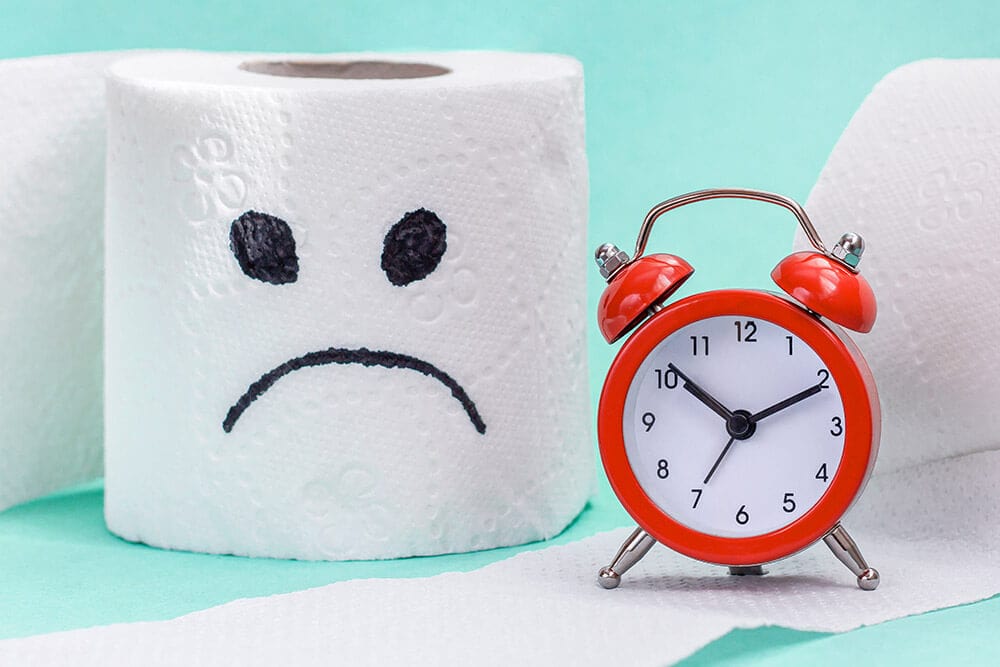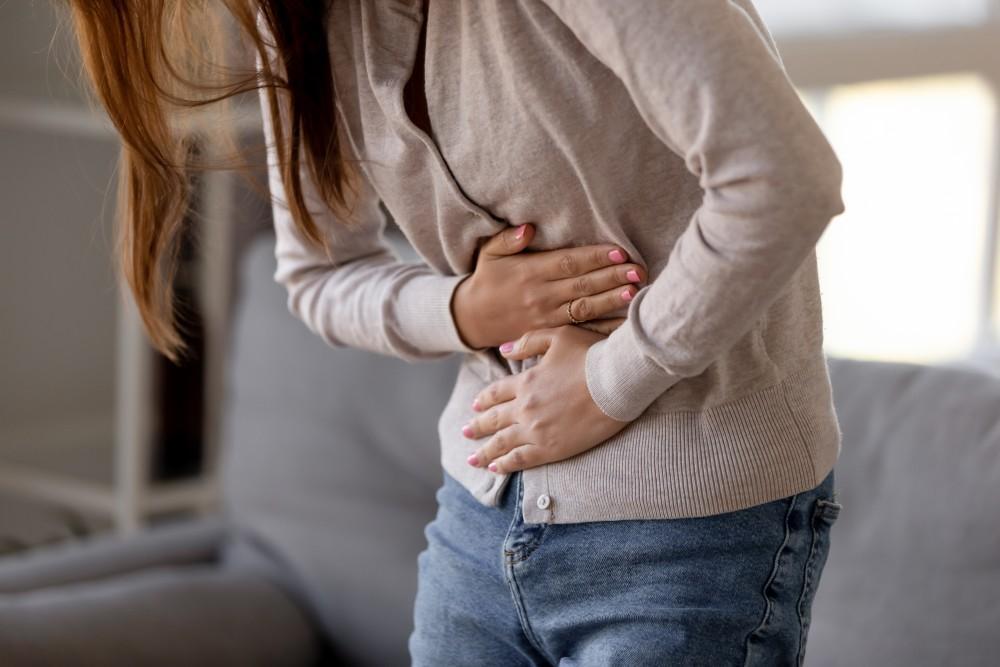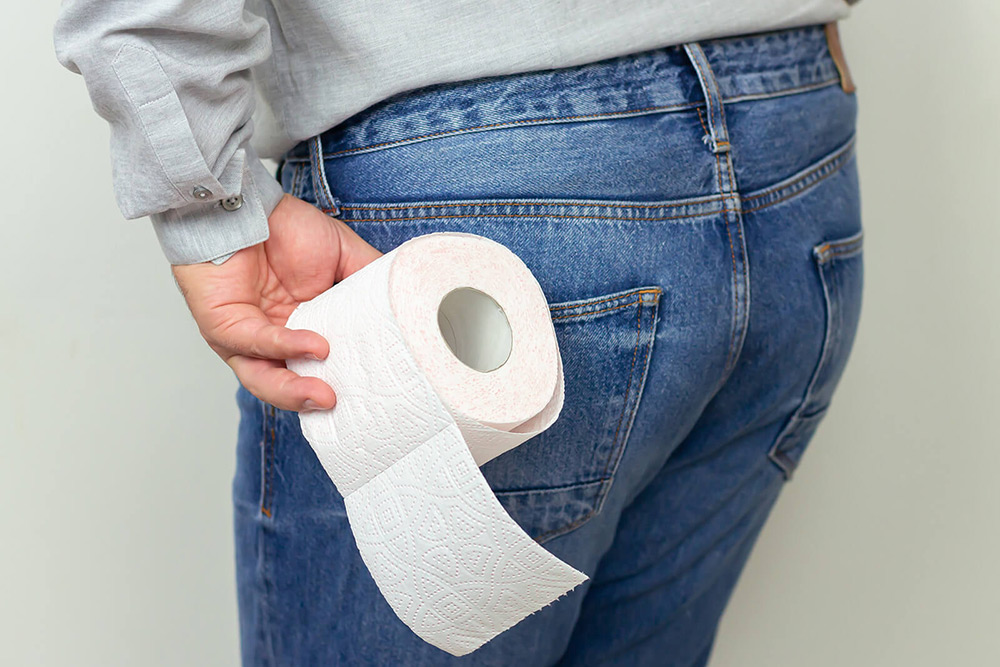What Is Choledocholithiasis?
Choledocholithiasis is when stones block the common bile duct. This duct moves bile from your liver and gallbladder to your small intestine. Bile helps you digest fats. When blocked, bile builds up and can cause pain or health problems.
ICD-10 Code: The ICD-10 code for choledocholithiasis is K80.5.
Common Causes and Risk Factors
Knowing what causes this condition can help you avoid it. You may be at higher risk if you have:
- Gallstones that move into the bile duct
- Previous gallbladder disease
- Rapid weight loss or crash diets
- A family history of gallstones
- Age over 40
- Female gender
Signs and Symptoms
Watch for these symptoms:
- Pain in the upper right belly or under the ribs
- Yellow skin or eyes (jaundice)
- Dark urine
- Pale-colored stool
- Itchy skin
- Fever and chills (if an infection starts)
- Nausea or vomiting
How Dr. Rishi Chadha Diagnoses This Condition
Dr. Chadha follows a simple plan:
Medical History and Physical Exam
He asks about your symptoms and checks for pain or jaundice.
Blood Tests
These look for infection or signs of liver or pancreas problems.
Imaging Tests
- Ultrasound (first step)
- MRCP (a special MRI for bile ducts)
- Endoscopic Ultrasound (EUS)
Frequently Asked Questions
What is the ICD-10 code for choledocholithiasis?
The primary code is K80.5. For choledocholithiasis with acute cholecystitis, use K80.0.
How serious is choledocholithiasis?
If untreated, bile duct stones can cause infection (cholangitis), bile duct injury, or pancreatitis, all of which require prompt care.
How long is recovery after ERCP?
Most patients go home the same day or after one overnight stay. Full recovery typically takes 1-2 days.
Can choledocholithiasis cause pancreatitis?
Yes. A stone lodged at the ampulla can block pancreatic drainage and trigger sudden, severe inflammation.
What are the risk factors for choledocholithiasis?
Gallstones, a history of gallbladder disease, rapid weight loss, obesity, female gender, age over 40, and family history.
Is diet alone enough to treat this condition?
Dietary changes help prevent new stones but cannot eliminate stones already lodged in the bile duct.
When should I seek care in Houston?
Contact GastroDoxs if you experience severe upper-right abdominal pain, jaundice, fever with chills, or unexplained nausea/vomiting.
Are there non-surgical treatment options?
Yes. Medications to dissolve small stones, ERCP to extract stones, and lifestyle/diet modifications may be effective.
How is choledocholithiasis diagnosed?
Through a combination of physical exam, blood tests (liver enzymes, pancreatic markers), ultrasound, MRCP, and/or endoscopic ultrasound (EUS).
Does insurance cover ERCP?
Most Houston insurance plans cover diagnostic and therapeutic ERCP when it's deemed medically necessary.











